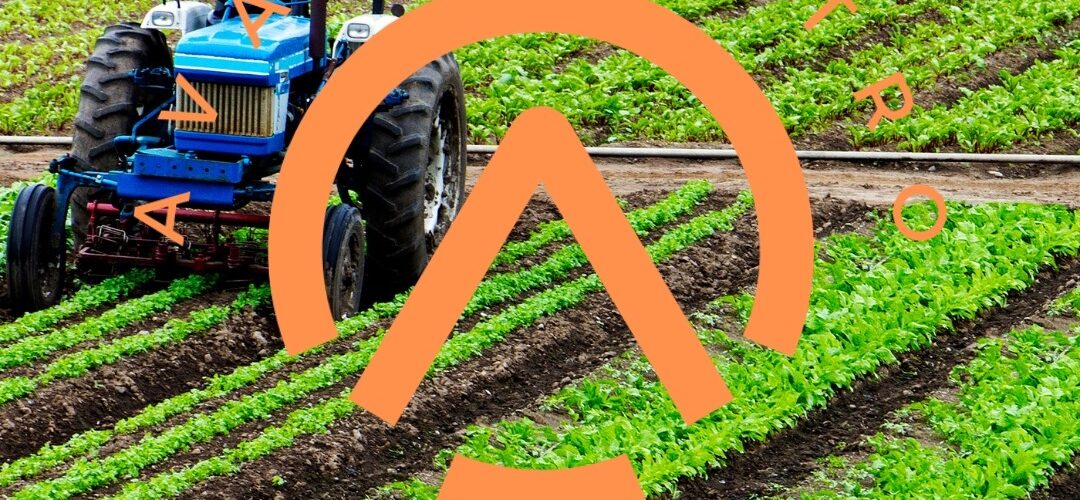The Role of Petrochemicals in Agriculture
Introduction
In the ever-evolving landscape of agriculture, modern farmers are constantly seeking innovative ways to increase productivity and ensure sustainable practices. One such innovation that has significantly transformed the agricultural sector is the use of petrochemicals. In this article, we will delve into the role of petrochemicals in agriculture, exploring their impact, benefits, and sustainability. Join us on this journey to understand how these compounds are changing the face of farming.
The Role of Petrochemicals in Agriculture
Petrochemicals, derived from petroleum, play a crucial role in modern agriculture. They are used for various purposes, contributing to the overall efficiency of farming practices. Let’s explore the diverse applications of petrochemicals in agriculture.
Enhancing Crop Production
Petrochemicals, such as fertilizers and pesticides, are instrumental in boosting crop yields. They provide essential nutrients to plants and protect them from harmful pests and diseases. As a result, farmers can achieve higher crop productivity and ensure food security.
Soil Enrichment
Petrochemical-based fertilizers improve soil quality by replenishing nutrients that are essential for plant growth. This not only increases crop yield but also enhances soil fertility, making it more sustainable for future agricultural use.
Energy Source
The mechanization of agriculture heavily relies on petrochemicals as an energy source. Tractors, plows, and other machinery powered by petroleum products increase the efficiency of farming operations and reduce the physical labor required.
Irrigation Systems
Modern irrigation systems are often run on petrochemicals, making water distribution more efficient. This technology ensures that crops receive the right amount of water, reducing waste and increasing agricultural sustainability.
Transportation and Distribution
The role of petrochemicals extends to the transportation and distribution of agricultural products. They power vehicles and machinery used for transporting crops from farms to markets, ensuring timely delivery and minimizing post-harvest losses.
Plastic Materials
Petrochemicals are essential in the production of plastic materials used in agriculture. These materials are utilized for creating greenhouse coverings, mulch films, and irrigation pipes, all of which contribute to improved crop quality and yield.
Research and Development
Petrochemicals also support research and development in agriculture. They are used in laboratories for various experiments and tests, leading to advancements in crop breeding and pest control.
Sustainability and Petrochemicals
Sustainability is a pressing concern in modern agriculture. While petrochemicals have undeniably improved crop yields, their environmental impact has raised questions about long-term sustainability. Let’s examine how the use of petrochemicals and sustainability go hand in hand.
Petrochemicals can be sustainable if managed responsibly. One approach is to employ precision agriculture techniques, which involve using technology to optimize the application of petrochemical-based products. By precisely targeting the areas that need treatment, we can reduce waste and minimize the environmental footprint. Furthermore, researchers are continuously working on developing greener petrochemical alternatives that are less harmful to the environment.
The Future of Petrochemicals in Agriculture
As agriculture continues to evolve, so does the role of petrochemicals. The future holds exciting possibilities, such as the use of advanced biotechnology and nanotechnology to create more efficient and environmentally friendly petrochemical-based products. These innovations aim to reduce the negative environmental impact of petrochemicals and contribute to sustainable farming practices.
Balancing Act
Balancing the benefits and challenges of petrochemical use in agriculture is crucial. Farmers must be informed and educated about the responsible use of petrochemicals, and governments and regulatory bodies play a vital role in setting guidelines and monitoring their usage. A harmonious coexistence of petrochemicals and sustainable agricultural practices is essential to ensure food security for the growing global population.
Investing in Research
Investing in research and development in the field of petrochemicals and agriculture is a collective responsibility. Governments, academic institutions, and private enterprises should collaborate to find innovative solutions that reduce the environmental impact of petrochemicals while maintaining or even increasing their efficacy.
FAQs
Q: How do petrochemicals impact the environment in agriculture?
A: While petrochemicals have revolutionized agriculture, their use can have environmental implications, such as soil and water contamination. Sustainable practices and responsible use are essential to mitigate these effects.
Q: Are there alternatives to petrochemical-based fertilizers?
A: Yes, organic fertilizers and bio-based alternatives exist, but petrochemical-based fertilizers are still widely used due to their efficiency in promoting rapid crop growth.
Q: Can petrochemicals be sustainable in agriculture?
A: Yes, with responsible use and proper management, petrochemicals can be part of sustainable agriculture by increasing productivity and reducing waste.
Q: Are there regulations in place to control the use of petrochemicals in agriculture?
A: Yes, many countries have regulations and guidelines to ensure the responsible use of petrochemicals in agriculture, minimizing their negative impact.
Q: How do petrochemicals affect food quality?
A: When used correctly, petrochemicals can improve food quality by protecting crops from pests and diseases, resulting in healthier and more abundant harvests.
Q: Are there ongoing innovations in petrochemicals for agriculture?
A: Absolutely, ongoing research focuses on developing more environmentally friendly petrochemical-based products and technologies to make agriculture even more sustainable.
Conclusion
In the dynamic world of agriculture, petrochemicals have undoubtedly played a pivotal role in increasing productivity and meeting the world’s food demands. They have provided solutions to numerous challenges faced by farmers. However, it is essential to use petrochemicals responsibly, considering their environmental impact, and to actively seek more sustainable alternatives. By striking a balance between innovation and responsibility, we can ensure that the role of petrochemicals in agriculture remains a force for good.
Written by Emir Narin

